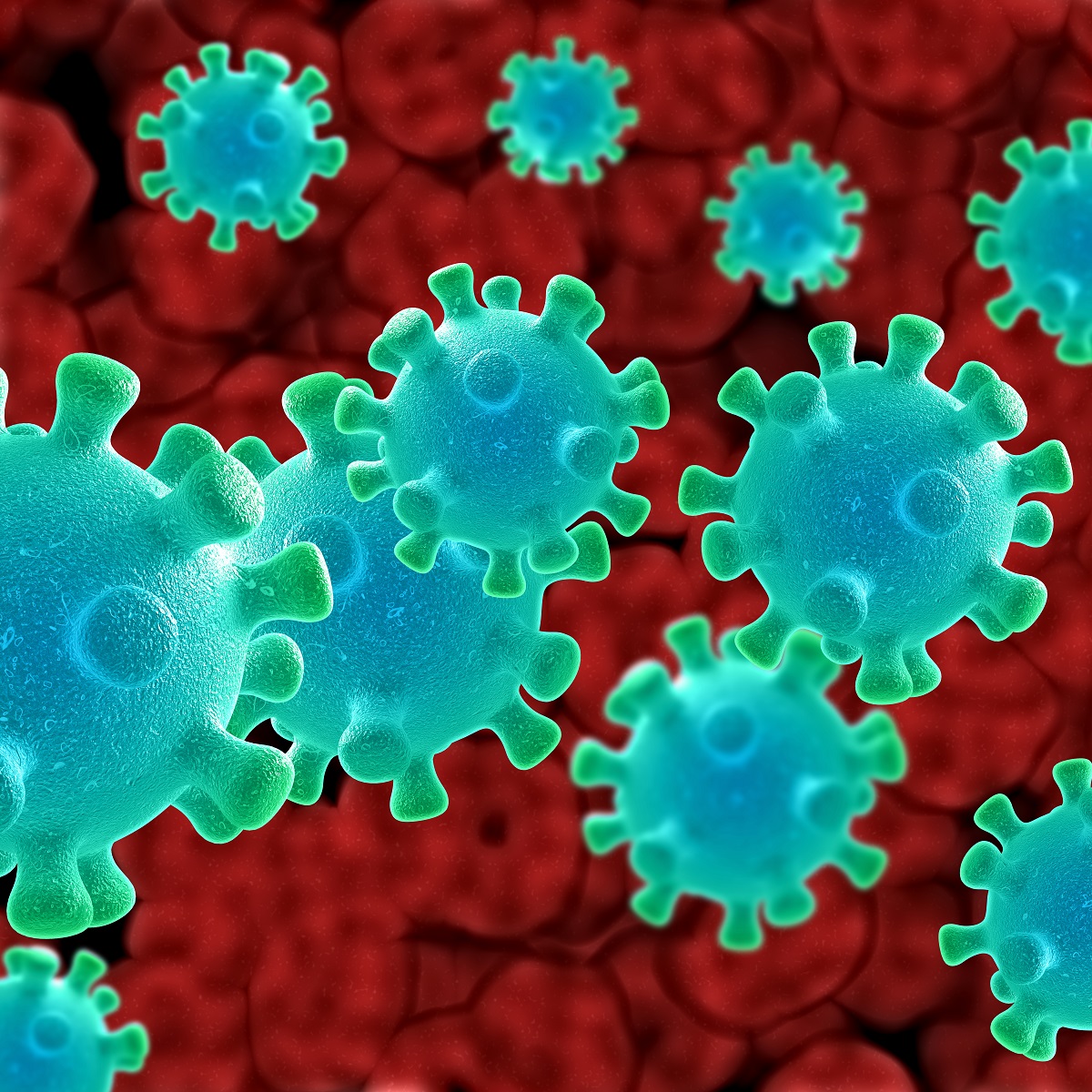KEY TAKEAWAYS
- The study aimed to investigate B4GALT5’s impact on OC progression and the immune environment.
- Researchers noticed that elevated B4GALT5 expression in OC correlates with poorer outcomes and significant modulation of the immune microenvironment.
Ovarian cancer (OC) is the most common primary tumor of the human reproductive system. Abnormal sialylation significantly influences tumor development, metastasis, immune evasion, angiogenesis, and treatment resistance. B4GALT5, a gene involved in sialylation, is crucial in OC and may impact clinicopathological features and prognosis.
Di Wu and the team aimed to assess the role of B4GALT5 in OC, focusing on its effects on tumor progression and the immune microenvironment.
They performed an inclusive analysis by querying TIMER, GEPIA2, GeneMANIA, and Metascape to gather transcription profiling data of OC from The Cancer Genome Atlas (TCGA). B4GALT5 expression was evaluated using immunohistochemistry. To assess the impact of B4GALT5 on tumor growth and programmed cell death in OC cells, researchers conducted transwell assays and western blots, incorporating patient data for a comprehensive evaluation.
The results indicated that B4GALT5 was strongly linked to poor outcomes in OC. It notably enhanced OC cell proliferation. Analysis using Gene Ontology (GO) and the Kyoto Encyclopedia of Genes and Genomes (KEGG) demonstrated that B4GALT5 is pivotal in the extracellular matrix, especially within collagen-rich structures, and is associated with ECM-receptor interactions, cancer-related transcriptional dysregulation, and the interleukin-1 receptor signaling pathway.
Furthermore, B4GALT5 showed a distinct connection with the tumor immune microenvironment in OC. Additionally, B4GALT5 exhibited significant expression across various cancer types, including CHOL, KIRC, STAD, and UCES.
The study concluded that B4GALT5 plays a crucial role in the growth and progression of OC, with its elevated expression indicating poor outcomes. Additionally, B4GALT5 significantly influences the cancer immune microenvironment in OC. This investigation enhances the understanding of B4GALT5’s substantial involvement in human malignancies, particularly OC.
The study was funded by the Postdoctoral Science Foundation of Heilongjiang Province (LBH-Z18161), the First Affiliated Hospital of Harbin Medical University (2021B16).
Source: https://pubmed.ncbi.nlm.nih.gov/39210397/
Wu D, Sun LY, Chang XY, et al. (2024). “B4GALT5 a sialylation-related genes associated with patient prognosis and immune microenvironment in ovarian cancer and pan-cancer.” J Ovarian Res. 2024;17(1):176. Published 2024 Aug 29. doi:10.1186/s13048-024-01503-3



